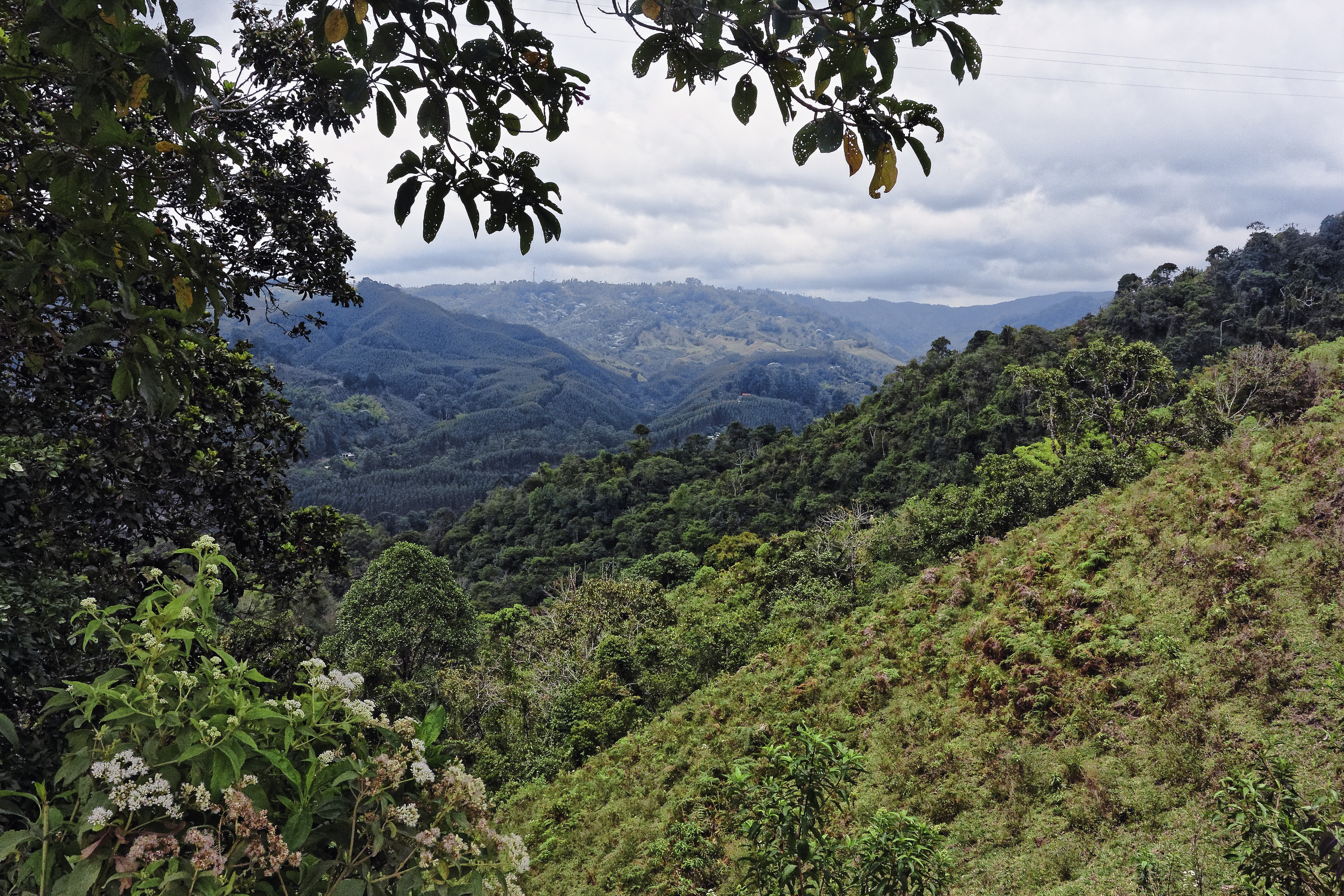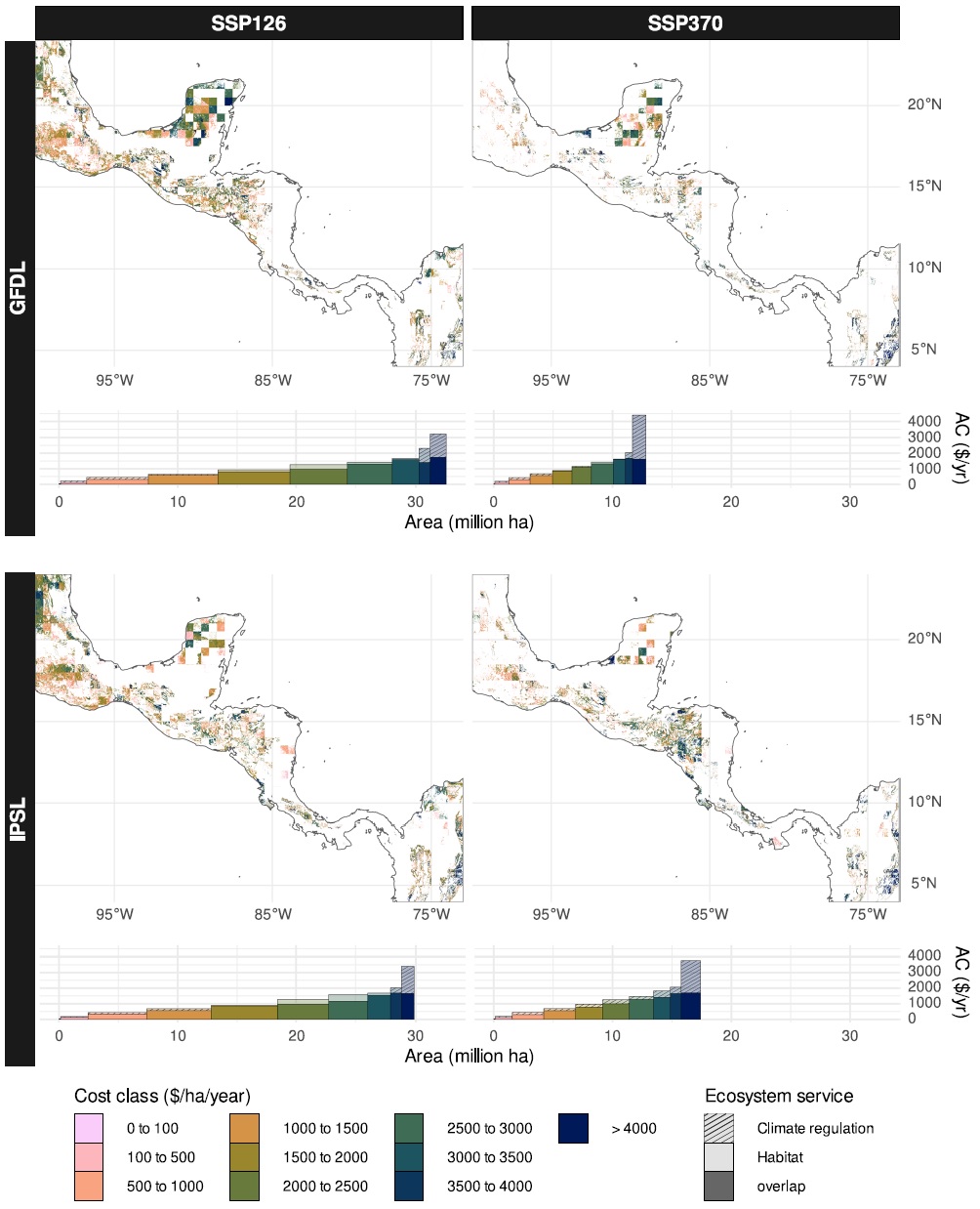
14.04.23 - Forestry’s Rasoul Yousefpour co-publishes paper on Central America’s threatened forests in Nature Communications
A paper co-authored and -supervised by Rasoul Yousefpour, assistant professor of forestry economics and policy at the Daniels Faculty, has just been published in the open-access online journal Nature Communications.
Called High economic costs of reduced carbon sinks and declining biome stability in Central American forests, the article is the result of a multi-year study into ecosystem services (ES) in the forests of the title region.
ES refer to the many social and climate benefits provided by tropical forests, such as carbon sinks for climate regulation and crucial habitats for unique biodiversity.
The study—which Yousefpour conducted with three colleagues at the University of Freiburg in Germany, from which he obtained his PhD in 2009—looks at the implications of climate change “for the economic value of these services,” an area that the co-authors say has “rarely [been] explored before.”
Among their findings: “projected ES declines in 24 to 62 percent of the study region with associated economic costs of $51 billion to 314 billion a year until 2100.”
These declines, they add, will particularly affect montane and dry forests and have strong economic implications for Central America’s lower-middle-income countries, such as El Salvador and Honduras.
“In addition, economic losses were mostly higher for habitat services than for climate regulation. This highlights the need to expand the focus from mere maximization of carbon dioxide sequestration and avoid false incentives from carbon markets.”

The maps above show what the authors call economic hotspots, forested areas with the highest projected monetary losses as a result of climate stress.
In his study of adaptive forest management and decision-making, which is Yousefpour’s specialty, he uses ecological modelling approaches to forecast the ways in which forests will grow and change over time, then performs analysis on those models to determine the effects of different human interventions.
The paper in Nature Communications is the latest of several he has written on the subject of forest management. His co-authors for this one are Lukas Baumbach, Thomas Hickler and Marc Hanewinkel.
Banner image of Costa Rican montane forest by wirestock on Freepik

